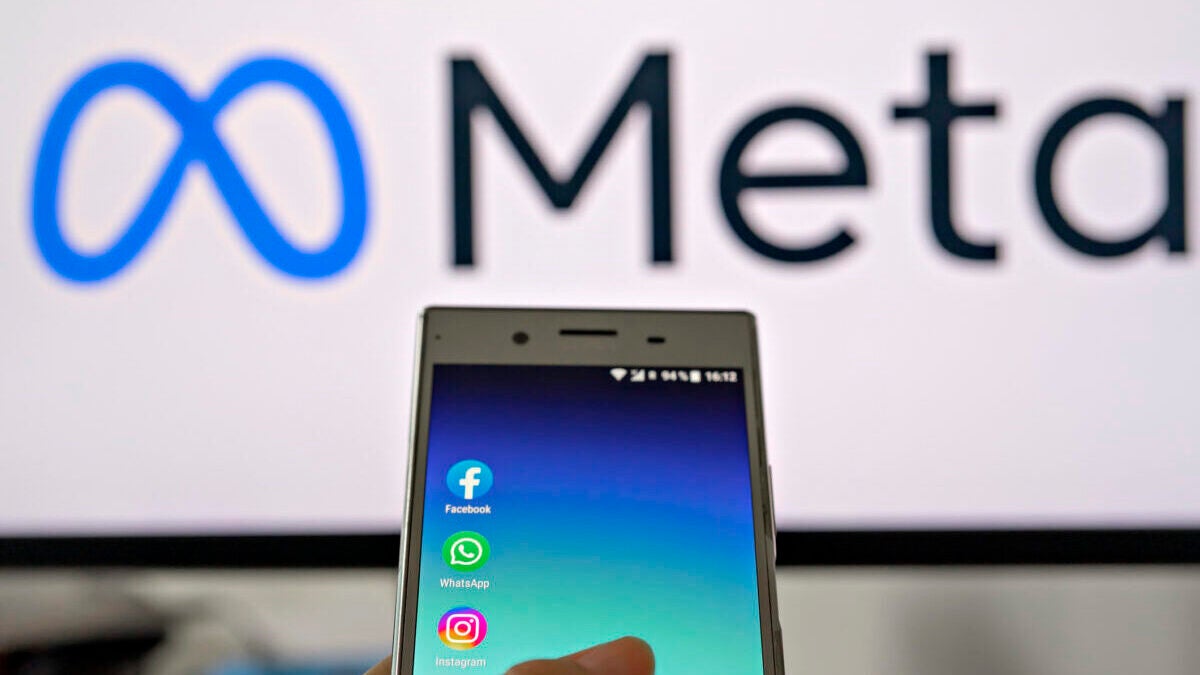
"With apps surging and receding, chasing one craze and moving on from others, and adding new features with each passing year, the FTC has understandably struggled to fix the boundaries of Meta's product market. Even so, it continues to insist that Meta competes with the same old rivals it has for the last decade, that the company holds a monopoly among that small set, and that it maintained that monopoly through anticompetitive acquisitions,"
"But on Tuesday, Boasberg ruled that the agency yet again failed to prove its argument, noting that the landscape that existed when the suit was originally filed has "changed markedly" and that while it "once might have made sense to partition apps into separate markets of social networking and social media, that wall has since broken down." He noted that every time the court examined Meta's apps, they had changed. He added that its competitors have too, with TikTok now holding "center stage as Meta's fiercest rival.""
A federal court found that Meta's acquisitions of Instagram and WhatsApp did not violate U.S. antitrust law because the FTC failed to prove current monopoly power. The FTC filed its lawsuit five years after the acquisitions, alleging Meta held a monopoly in social networking. A prior dismissal in 2021 cited insufficient evidence of market power, and an amended complaint later proceeded to trial. The court noted shifting market dynamics, with app features converging and competitors like TikTok becoming Meta's fiercest rival. The court emphasized that the FTC must demonstrate current monopoly power and found the agency did not meet that burden.
Read at TheWrap
Unable to calculate read time
Collection
[
|
...
]